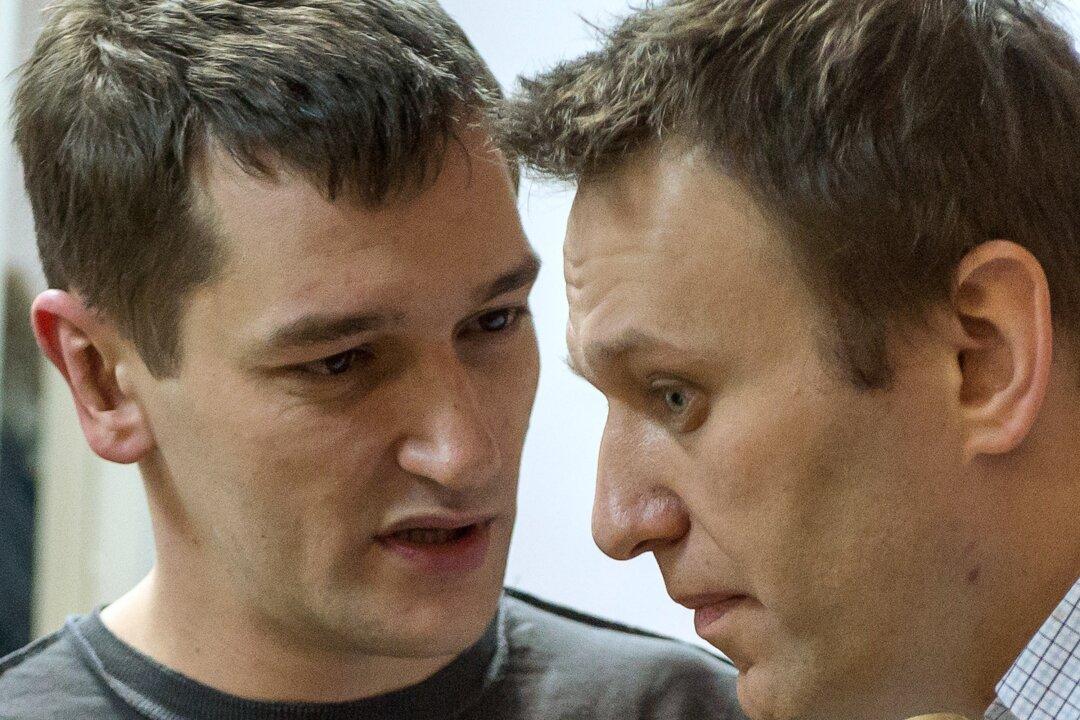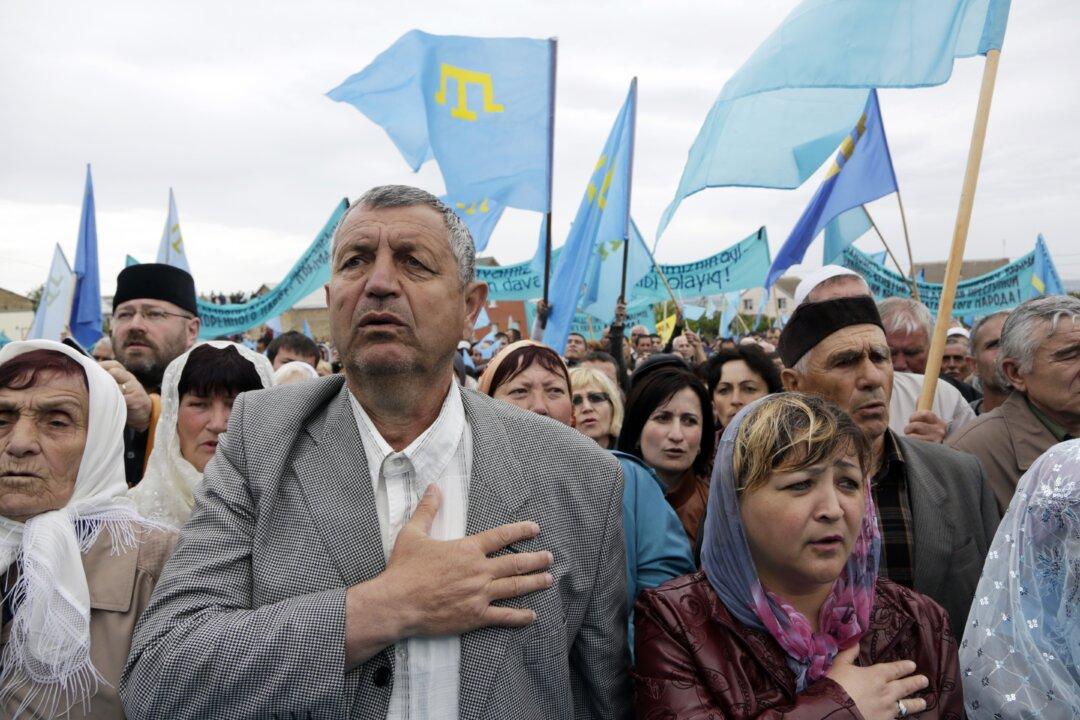The European Parliament adopted a resolution on Thursday condemning charges against an opposition leader to the Russian government as “politically motivated.” The resolution cited the case of political activist Alexei Navalny, as an example of a wider trend of the “numerous serious violations of the rule of law” in Russia.
“As one of the faces of the opposition movement at the forefront of the many demonstrations recently seen in Moscow, Navalny’s placement under house arrest in February of last year, on the basis of trumped up and serious charges, is seen as a way to silence one of Putin’s most outspoken critics,” said Charles Tannock, a member of the European Parliament on Thursday.
Navalny, 38, is a lawyer, blogger, and a prominent opposition leader in Russia, known primarily for his quest to expose corruption of high-level Russian officials. He is also famous for helping to mobilize thousands of people in late 2011 and early 2012 to protest the rigging of the Russian parliamentary and then presidential elections.
EU Parliament Calls Ruling on Case of Kremlin Critic ‘Politically Motivated’
The European Parliament adopted a resolution on Thursday addressing the human rights violations in Russia, particularly with regard to the court case of opposition leader Alexei Navalny.

Russian anti-Kremlin opposition leader Alexei Navalny (R) and his brother and co-defendant Oleg Navalny as they attend the verdict announcement of their fraud trial at a court in Moscow on Dec. 30, 2014. Dmitry Serebryakov/AFP/Getty Images
|Updated:
There are a multitude of judicial cases in which politically constructed reasons are used to eliminate political competition, threaten civil society and discourage citizens from participating in public rallies and protests opposing the country's current leadership [in Russia].
